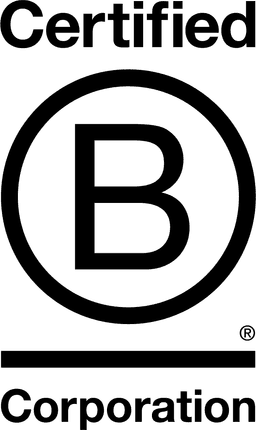

Soapbox

District of Columbia, United States
March 2015
Personal care products
Wholesale/Retail
United States
Soapbox is a buy one give one personal care company that empowers consumers to change the world through everyday, quality purchases. For every product sold, Soapbox donates a bar of soap to someone in need, (either here in the U.S.A. or abroad) and these donations are often paired with hygiene education. To date, over 3 million donations have been made. Soapbox practices sustainable giving by working with local soap makers in the communities it serves when possible. With the purpose to do as much good as possible, Soapbox partners with nonprofits that share this same vision. Partnerships not only provide soap to the communities in need but also support hygiene education, hygiene research and job opportunities. Their naturally derived luxe personal care line includes hair color safe shampoo and conditioner, and nourishing body wash, liquid hand soap, bar soap, lotions and bath bombs. All products are vegan, paraben free, cruelty-free, EDTA free, silicone free and artificial colorant free. The benefit ingredients included in Soapbox's products offers hair and personal care that makes you look great, feel great and smell great. Soapbox products are made in the USA and sold in Target, Walgreens, Rite Aid, Amazon and many other chain stores across the United States.
Overall B Impact Score
Governance 11.6
Governance evaluates a company's overall mission, engagement around its social/environmental impact, ethics, and transparency. This section also evaluates the ability of a company to protect their mission and formally consider stakeholders in decision making through their corporate structure (e.g. benefit corporation) or corporate governing documents.
What is this? A company with an Impact Business Model is intentionally designed to create a specific positive outcome for one of its stakeholders - such as workers, community, environment, or customers.
Workers 23.9
Workers evaluates a company’s contributions to its employees’ financial security, health & safety, wellness, career development, and engagement & satisfaction. In addition, this section recognizes business models designed to benefit workers, such as companies that are at least 40% owned by non-executive employees and those that have workforce development programs to support individuals with barriers to employment.
Community 49.8
Community evaluates a company’s engagement with and impact on the communities in which it operates, hires from, and sources from. Topics include diversity, equity & inclusion, economic impact, civic engagement, charitable giving, and supply chain management. In addition, this section recognizes business models that are designed to address specific community-oriented problems, such as poverty alleviation through fair trade sourcing or distribution via microenterprises, producer cooperative models, locally focused economic development, and formal charitable giving commitments.
What is this? A company with an Impact Business Model is intentionally designed to create a specific positive outcome for one of its stakeholders - such as workers, community, environment, or customers.
Environment 22.6
Environment evaluates a company’s overall environmental management practices as well as its impact on the air, climate, water, land, and biodiversity. This includes the direct impact of a company’s operations and, when applicable its supply chain and distribution channels. This section also recognizes companies with environmentally innovative production processes and those that sell products or services that have a positive environmental impact. Some examples might include products and services that create renewable energy, reduce consumption or waste, conserve land or wildlife, provide less toxic alternatives to the market, or educate people about environmental problems.
What is this? A company with an Impact Business Model is intentionally designed to create a specific positive outcome for one of its stakeholders - such as workers, community, environment, or customers.
Customers 5.0
Customers evaluates a company’s stewardship of its customers through the quality of its products and services, ethical marketing, data privacy and security, and feedback channels. In addition, this section recognizes products or services that are designed to address a particular social problem for or through its customers, such as health or educational products, arts & media products, serving underserved customers/clients, and services that improve the social impact of other businesses or organizations.